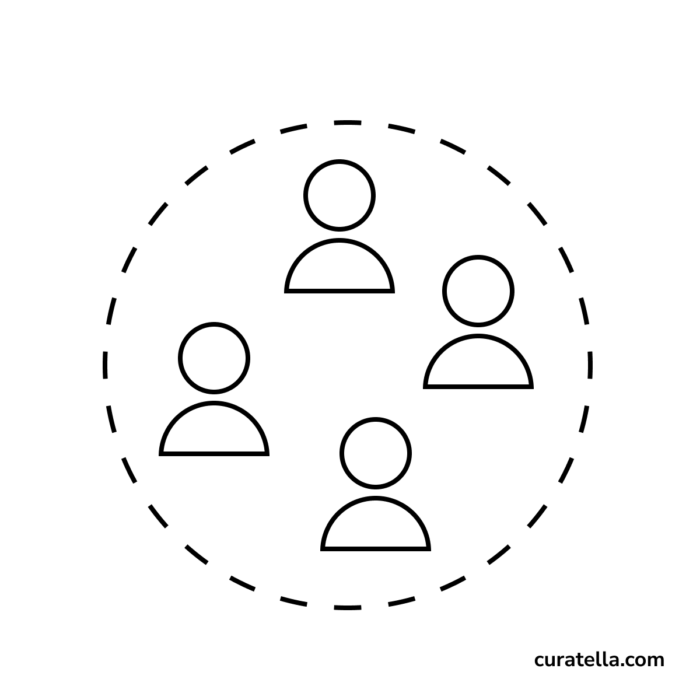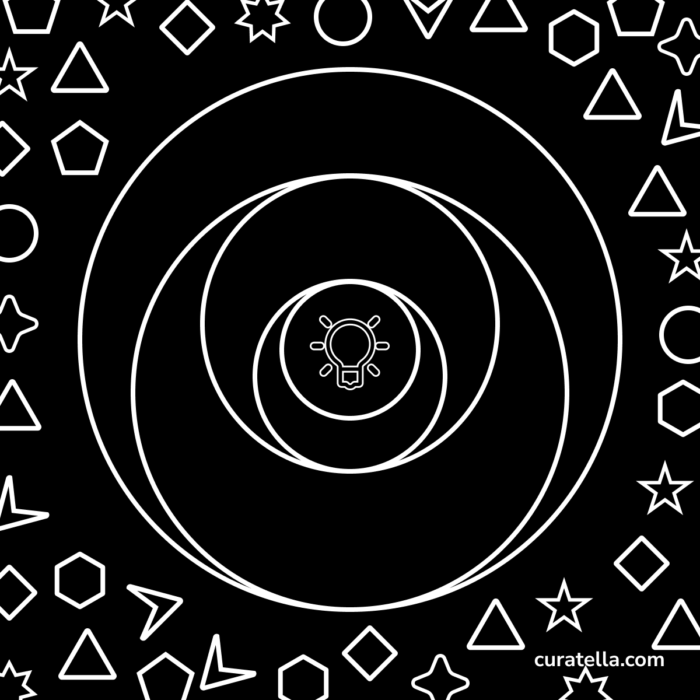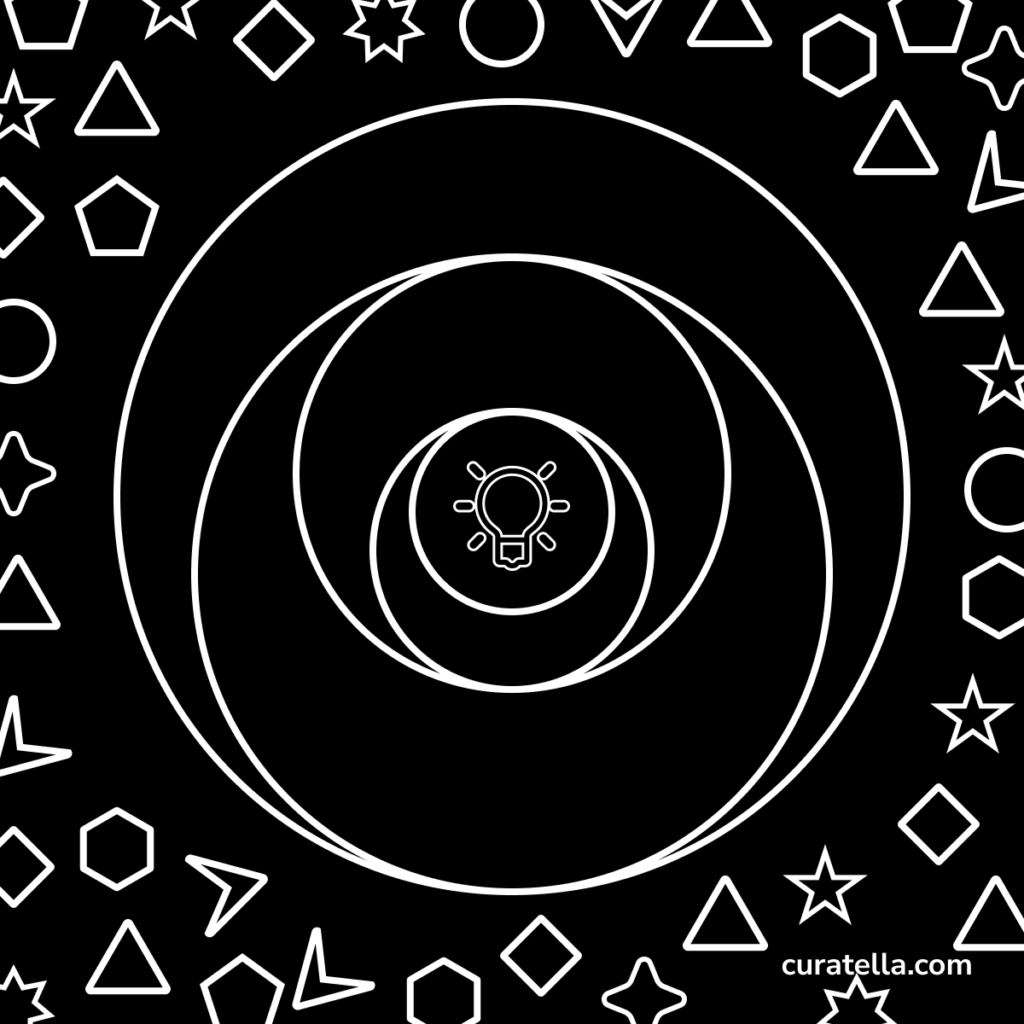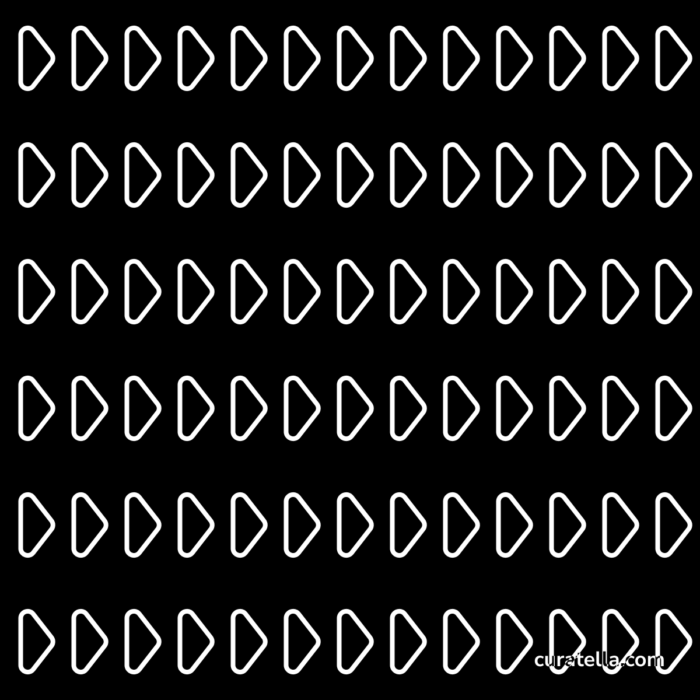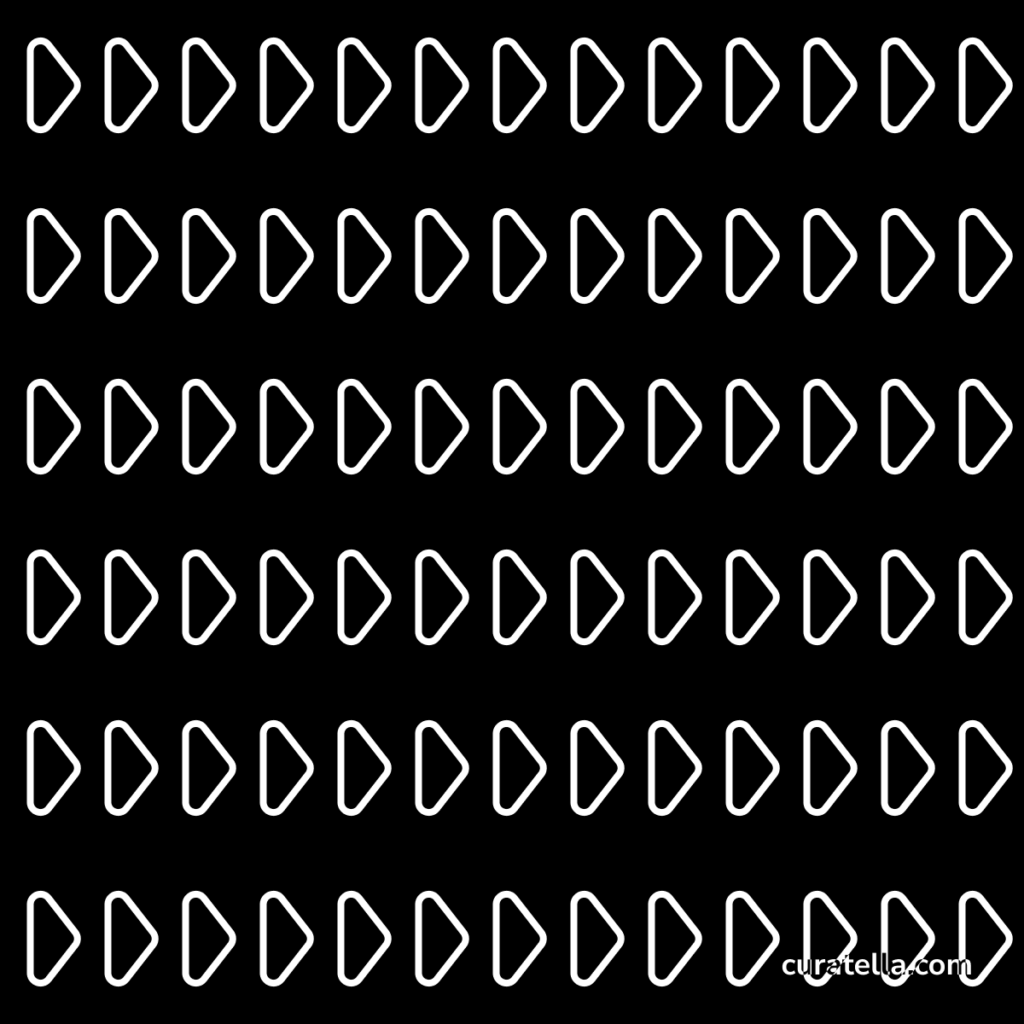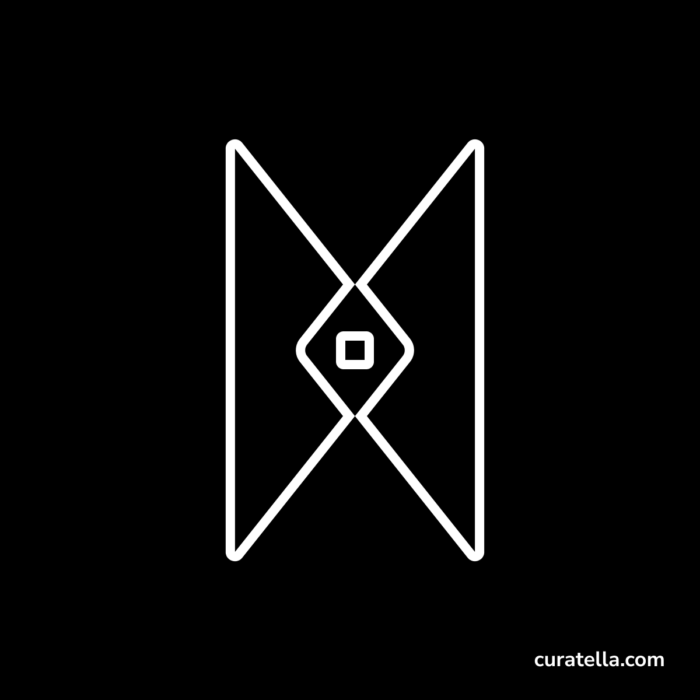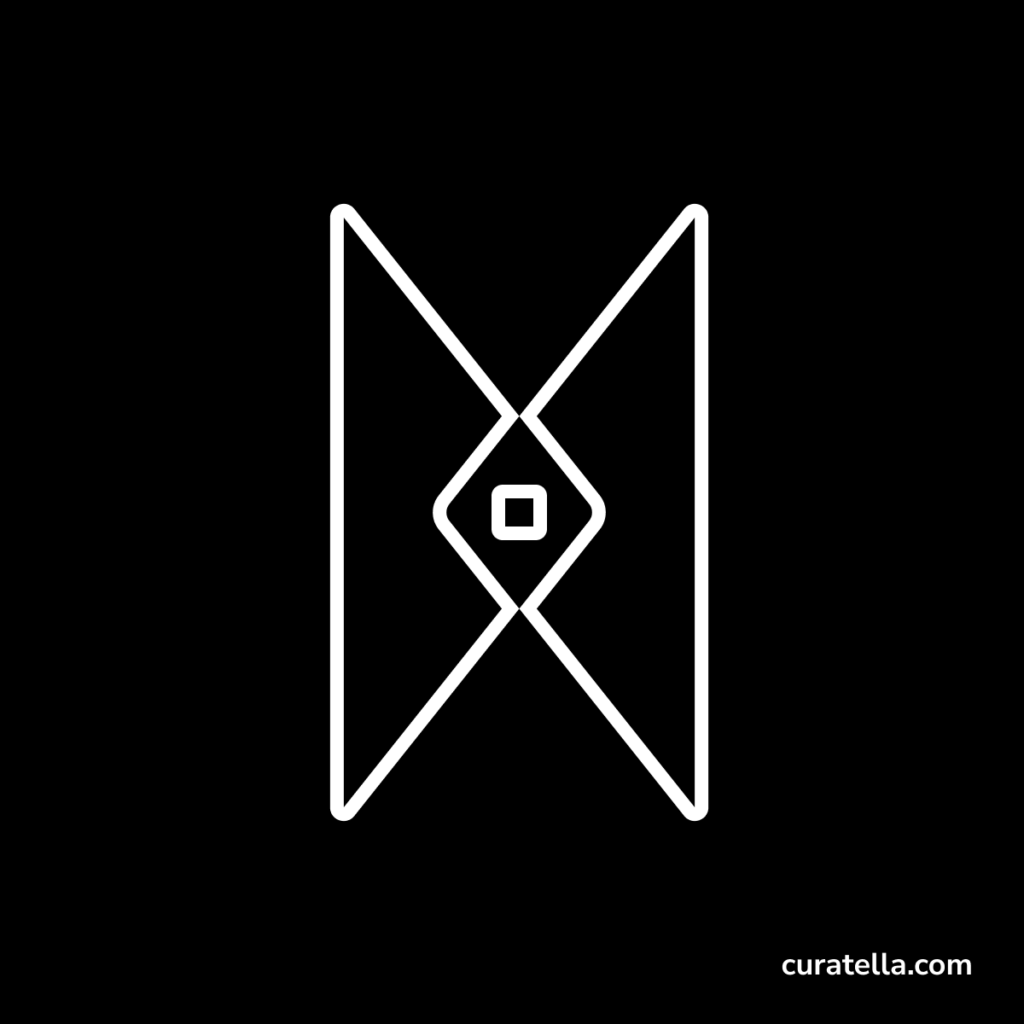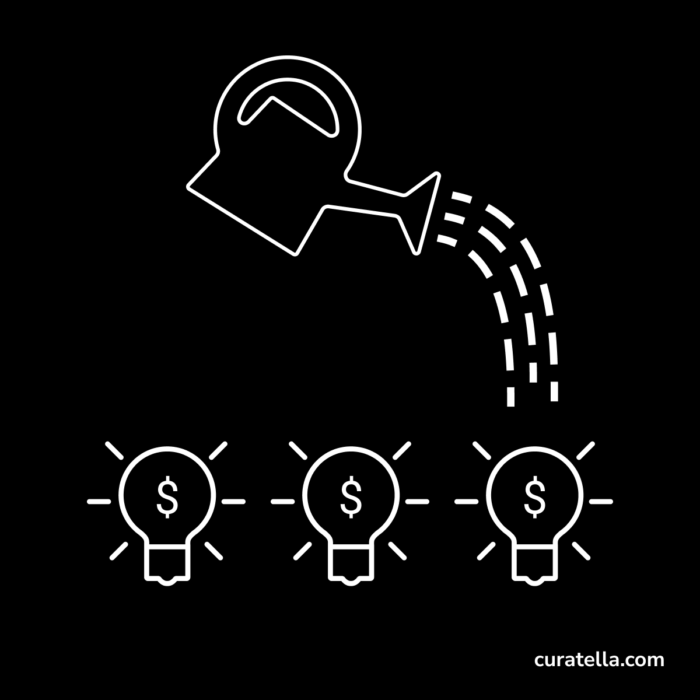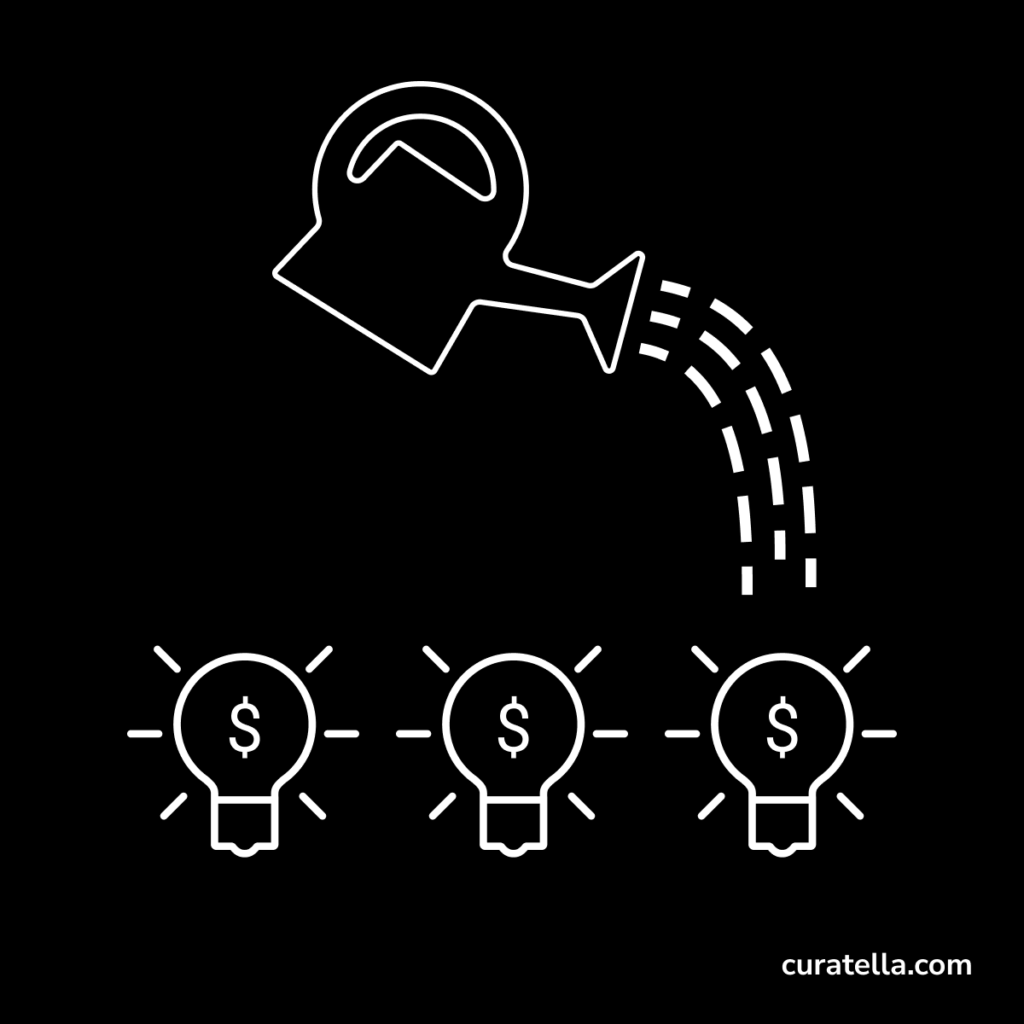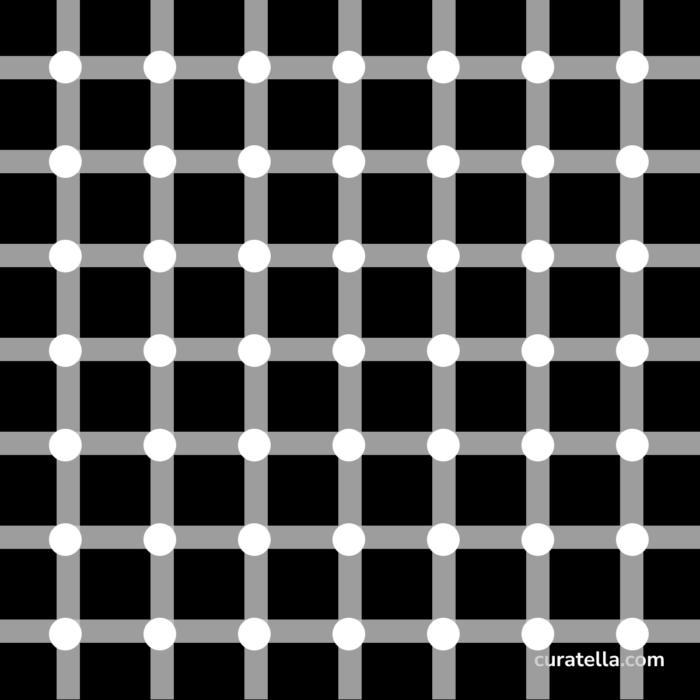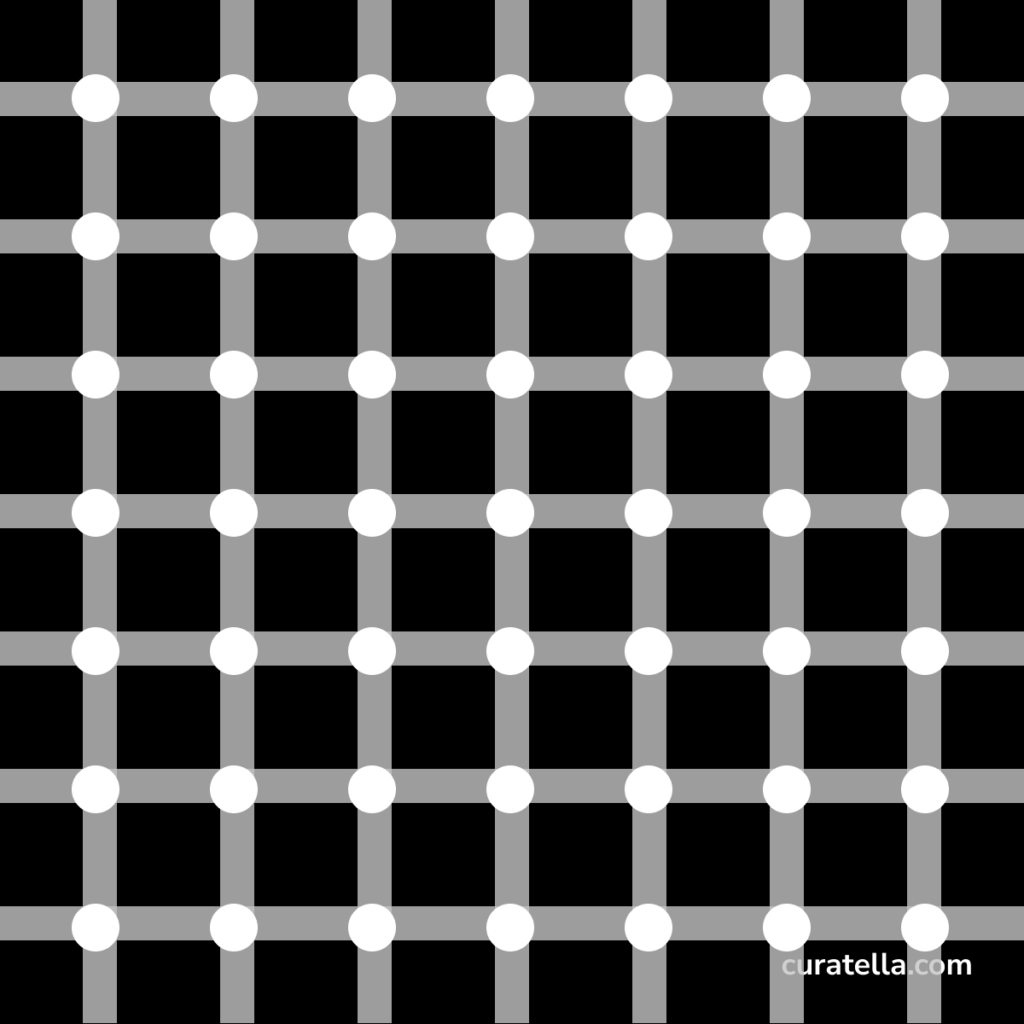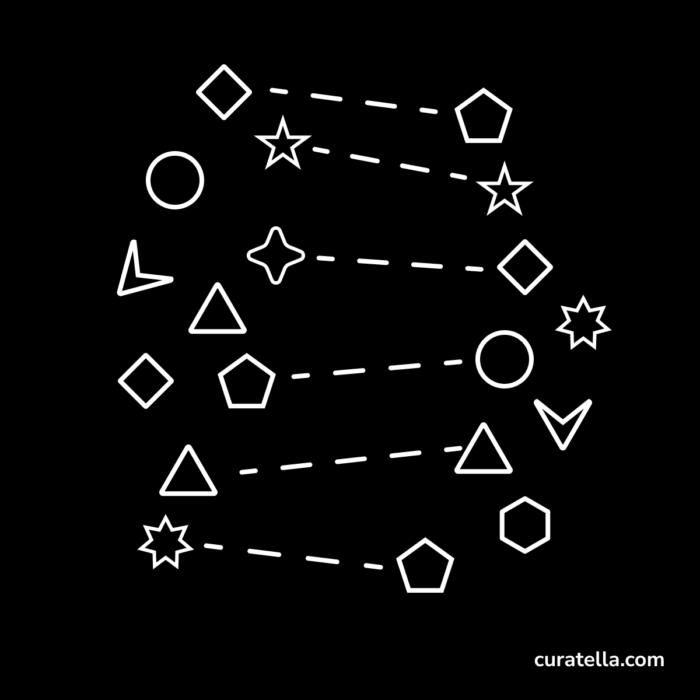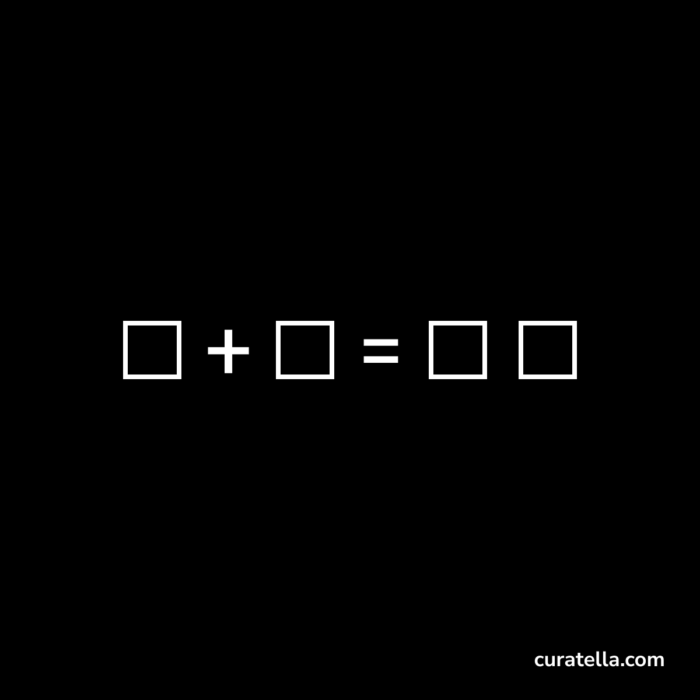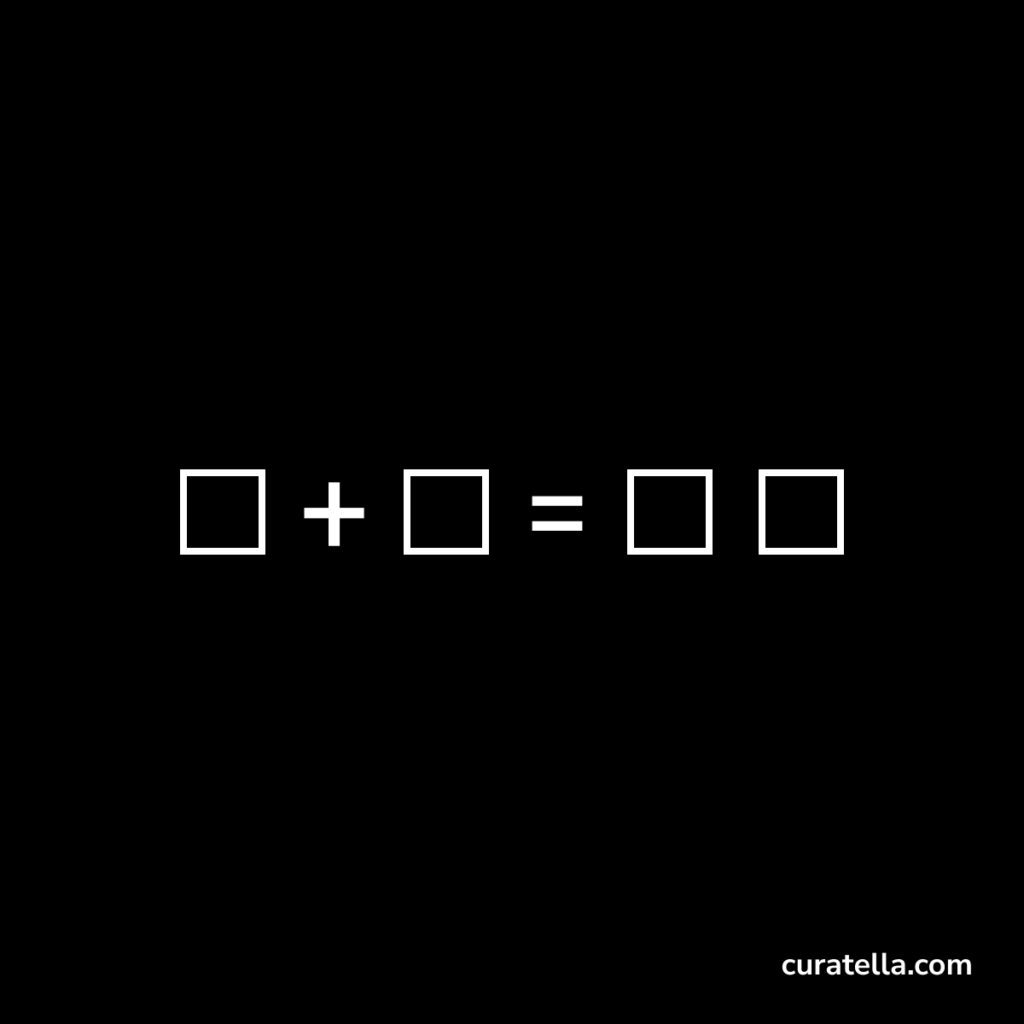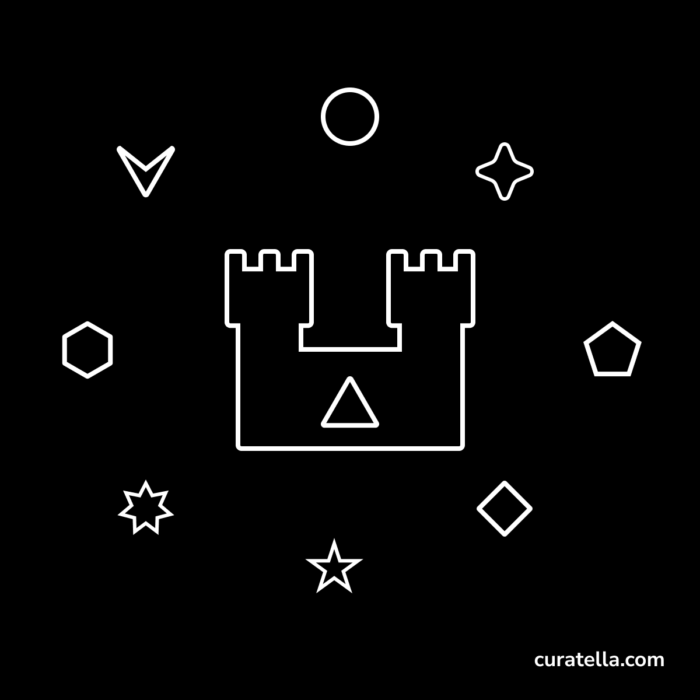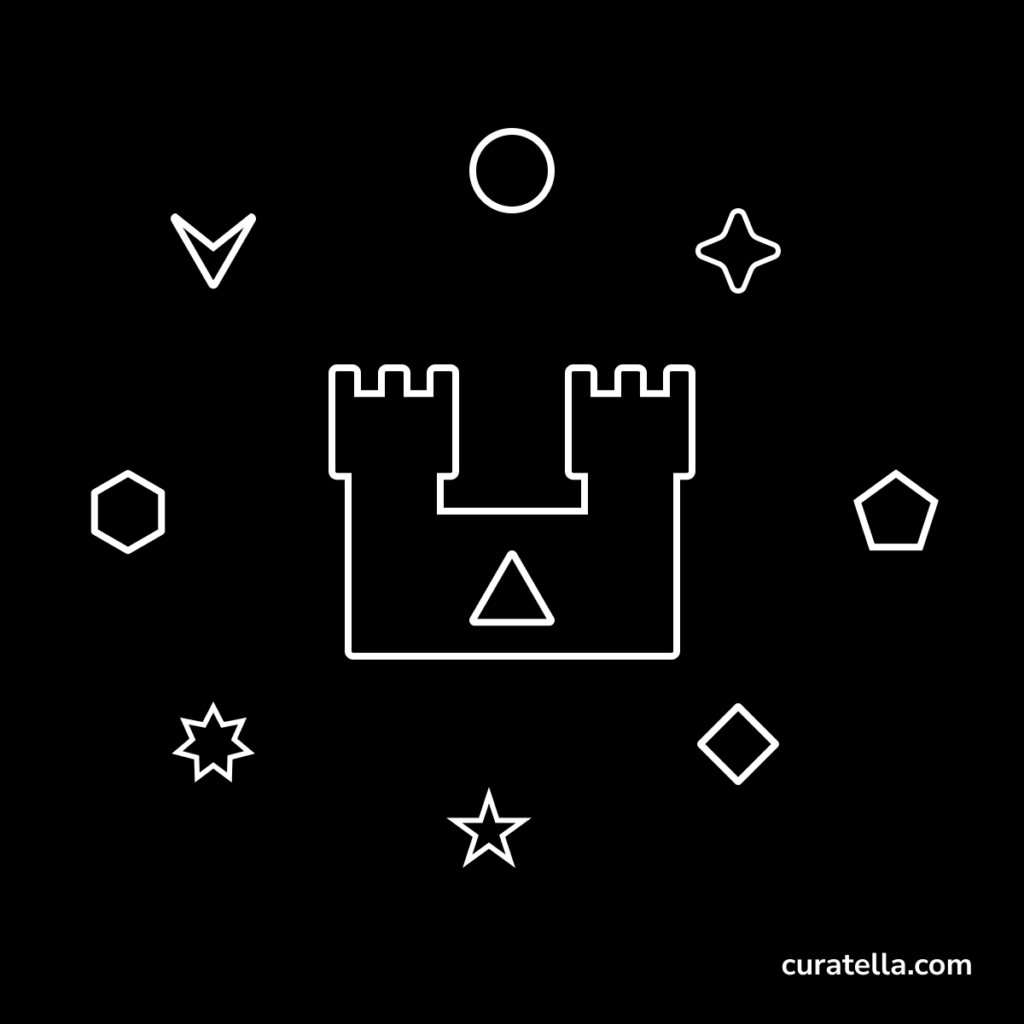The value we can get and give in a human exchange is always potentially enormous. Even if it is online. But we need to stop and reflect to generate creative value as well.
I am keeping on writing about the inspiration of the moment. Today, rather than reaching for the last resort, I will try to reflect upon what I wrote and identify patterns and connections.
Personal Knowledge Management
Not one but two times this week, I’ve been reflecting on my creative workflow, about how I capture ideas and how I generate new ones. Problem: a lot of the former, too little of the latter, leads to catching too much information. Not happy, I wrote again about this phenomenon while searching for a balance between a top-down and a bottom-up approach.
Experimental procrastination
When I don’t know what to write, I play with concepts.
Becoming a Knowledge Entrepreneur
It’s since 1998 that I am caressing the idea of “finding a publishing niche,” entering the “Society of Information,” becoming a “self-publishing professional.” In 2021 we call this figure a “Knowledge Entrepreneur.”
Regardless of its naming, I think there is a huge potential to exploit.
Meeting strangers for the sake of it (it’s beautiful!)
The week’s most intense experience has been the double meeting with two different strangers, assigned to me by Artificial Intelligences.
It was great, inspiring, serendipitous, and motivating.
Oh, there are drawings, too:
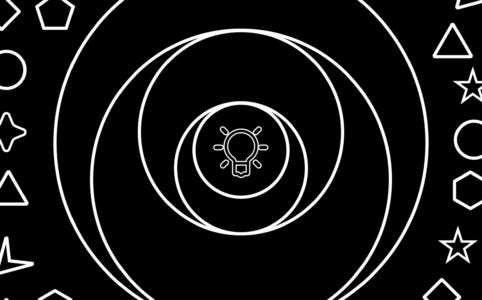
Reflecting on my current Personal Knowledge Management Workflow
Writing free-flowing daily is still essential, but it’s like playing scales to learn piano. I need to prepare for a concert.
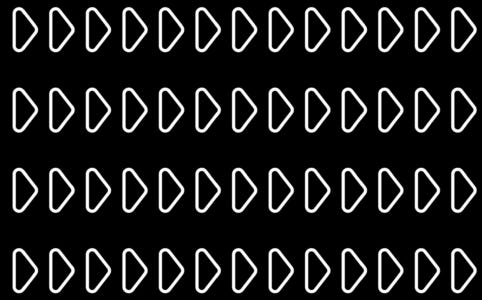
The Most Basic Form of Mind Control is Repetition
Isn’t it?
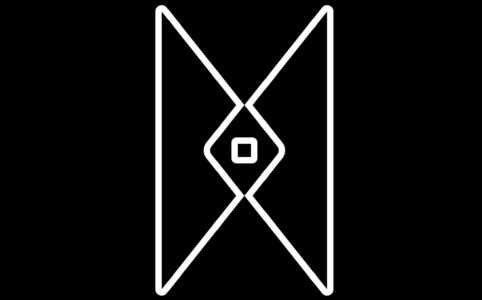
Meeting strangers like they were good old friends
I like meeting strangers online, especially when they are eclectic, diverse, and sometimes clueless as I am.

Seed your knowledge to grow relationships
Find the “farming ground” to “seed” your knowledge by contributing value. Give more than you take.
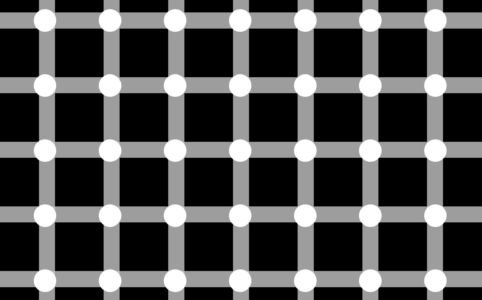
It doesn’t matter how much you care about something. Words are cheap. Facts are what counts.
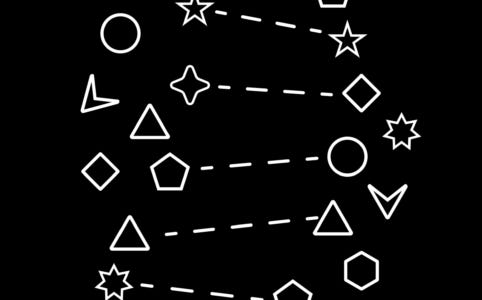
Networked Thinking: an update on my Second Brain / Zettelkasten / Mental Garden
More notes = more ideas = more potential new ideas connecting them.
Come reading my thoughts on https://curatella.com
It’s still free!
